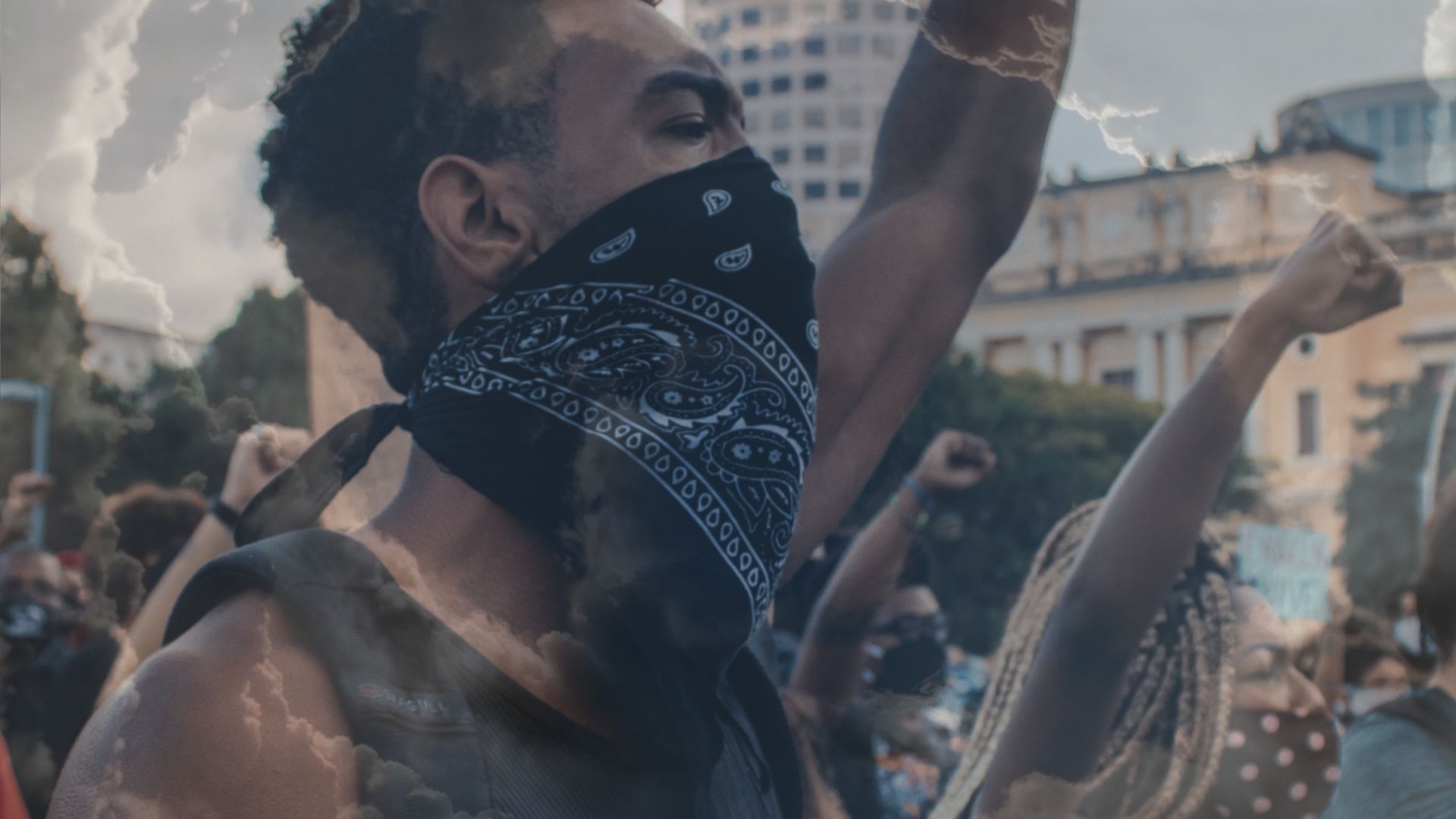Therefore, since we are surrounded by so great a cloud of witnesses, let us also lay aside every weight and the sin that clings so closely, and let us run with perseverance the race that is set before us, looking to Jesus the pioneer and perfecter of our faith, who for the sake of the joy that was set before him endured the cross, disregarding its shame, and has taken his seat at the right hand of the throne of God. Consider him who endured such hostility against himself from sinners, so that you may not grow weary or lose heart. (Hebrews 12:1-3, NRSV)
As we seek to be faithful to God’s call in this time and place, we must deepen our collective resolve to work together for racial justice. As followers of Jesus, we cannot engage with racial justice only when doing so is “trendy.” Racial justice is not a fad that started in 2020 only to fade out in 2021, nor it is just another meme-able identity marker in so-called “culture wars.” Rather, racial justice is a necessary part of the substantive call of discipleship, part of who we are called to be – day after day, year after year. This requires long-term faithfulness – fidelity to our relationship with God and fidelity to the task to which God has called us.
When it comes to the ongoing work of racial justice, we may “grow weary” and we may indeed even “lose heart,” despite the Biblical exhortation not to do so. This is understandable. It is tiresome to fight the same fights day after day. It can be exhausting to argue and re-argue the cause of racial justice, seemingly without much reward for the work. Our efforts to move our institutions, our communities, our country, and even our own selves can seem, at times, like they just aren’t bearing the fruit for which we hope on the timeline which we need. Feelings of frustration and/or fatigue can go from occasional interruptions to lingering companions. Despair, disgust, and/or depression may hover as background temptations for even the most committed Christian.
READ: “Overturn Dylann Roof’s Death Sentence — for Me, Not for Him”
Consider, for example, the criminal justice system:
- Ma’Khia Byrant was killed by police on the very same day that the verdict was announced against Derek Chauvin for the murder of George Floyd. Last year, nearly a thousand people – or perhaps even more than a thousand, depending on how you count – were killed by police. The victims were disproportionately Black.
- People of color are policed more harshly than white people. After arrest, Black and Latinx people are given worse plea deals. This is part of a broader system that Michelle Alexander has accurately named “the new Jim Crow.”
- This doesn’t just impact adults. Youth of color are substantially more likely to be incarcerated than white youth (Black youth five times more likely, Native American youth three times more likely, and Latinx youth 42% more likely).
- Unsurprisingly, students of color are more likely to be in schools with police on-site – and more likely to be subjected to school-based arrests.
- In fact, discipline disparities by race appear at all levels of school discipline – from suspensions and expulsions to law enforcement referrals and arrests.
- Research on adultification bias reveals that adults see Black girls as “less innocent” than their white peers as early as age five.
Racial injustice can be found at almost every level of the policing/legal/carceral system. Systemic racism has long been a reality in our country, the deep legacy of settler-colonialism, slavery, and white supremacy. As we increasingly wrestle with our national history—and how it has shaped our national present—we move closer to a necessary reckoning, a process of accountability and transformation. Such a possibility, of course, inspires backlash. We see this in myriad recent state-level efforts to limit the accurate teaching of American history and prohibit the careful study of racism’s systemic/structural manifestations. As Christians, we must develop the inner strength to stay with uncomfortable truths, knowing that they provide us a path to learn, wrestle, and grow better together. Truth-telling about America’s racial history–and racial present–should be welcomed, not feared.
As we explore our history more deeply and more honestly, we encounter not just villainous behaviors but deeply honorable and heroic acts, as well. We are invited to see not only the ugliness of American racism but also the incredible power of American antiracist movements. We are invited to confession, yes, but also, ultimately, to hope.
The challenges we face are not new – and we are not alone in facing those challenges. Rather, we are surrounded by “so great a cloud of witnesses.” Indeed, as I contemplate the work of those who have come before, I marvel not just at the fact of their accomplishments but at their dedication, vision, and fortitude in the face of such enormous odds. We are truly surrounded by a gaggle of saints—both living and dead—cheering us on.
It is our turn, now, to put our full weight into the work before us—not just for a week or a year, but for as long as it takes—“running – or walking or wheeling— with perseverance the race that is set before us.”

